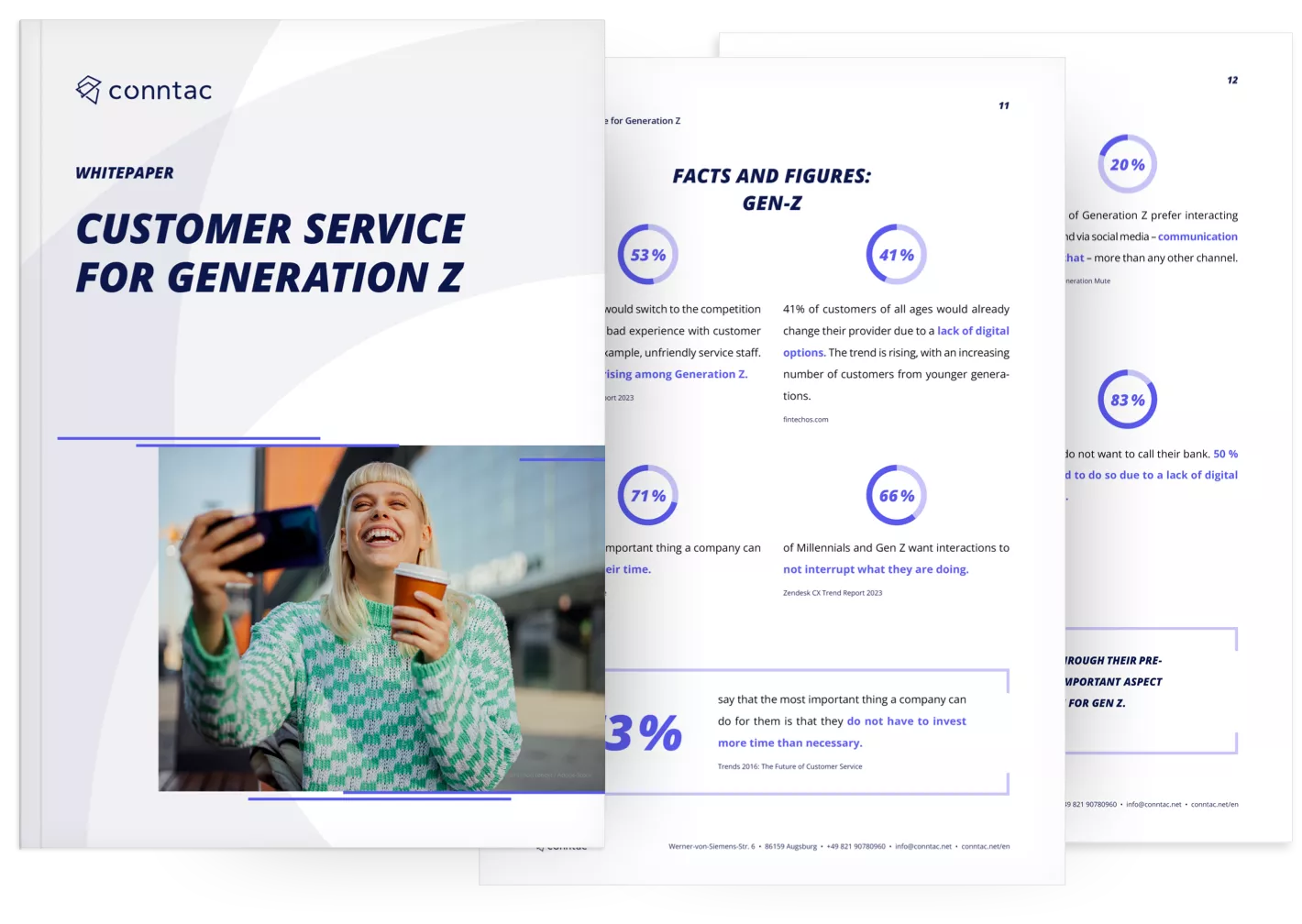The growth of AltNets in the UK
The UK telecoms industry is in the midst of significant change. While traditional telcos such as BT and Virgin Media have dominated the market for years, alternative networks (AltNets) have emerged as a new force to be reckoned with. These AltNets are often smaller companies that offer a different approach to delivering broadband services and have grown rapidly in recent years. According to a report by the Independent Networks Cooperative Association (INCA), AltNets are expected to invest over £20bn in full-fibre connections by 2025.
The need for continuous innovation
One of the key reasons for AltNets’ success is its ability to innovate. Unlike traditional telcos, AltNets are often nimble and able to respond quickly to changes in the market. They are also more willing to take risks and try new things, which has enabled them to develop new technologies and services that meet the evolving needs of their customers. However, it’s important to note that innovation is not a one-off event. AltNets must continue to innovate in order to stay ahead of the competition and meet the demands of their customers.
The importance of scalability
Another important factor in the success of AltNets is scalability. While AltNets have been successful in providing broadband services to smaller, more rural communities, they need to be able to scale their operations to compete with the larger players in the market. This means investing in the infrastructure, technology and people needed to support growth. Without this investment, AltNets will struggle to keep up with demand for their services and may be forced to cede ground to their larger competitors.
The need for long-term planning
To achieve scalability, AltNets need to think beyond the short term and plan for the long term. This means investing in the infrastructure and technology that will allow them to grow and expand their services over time. It also means building relationships with key stakeholders, such as local councils and property developers, to ensure they have access to the land and resources they need to build their networks. By taking a long-term approach, AltNets can ensure that they are well-positioned to succeed in the years to come.











